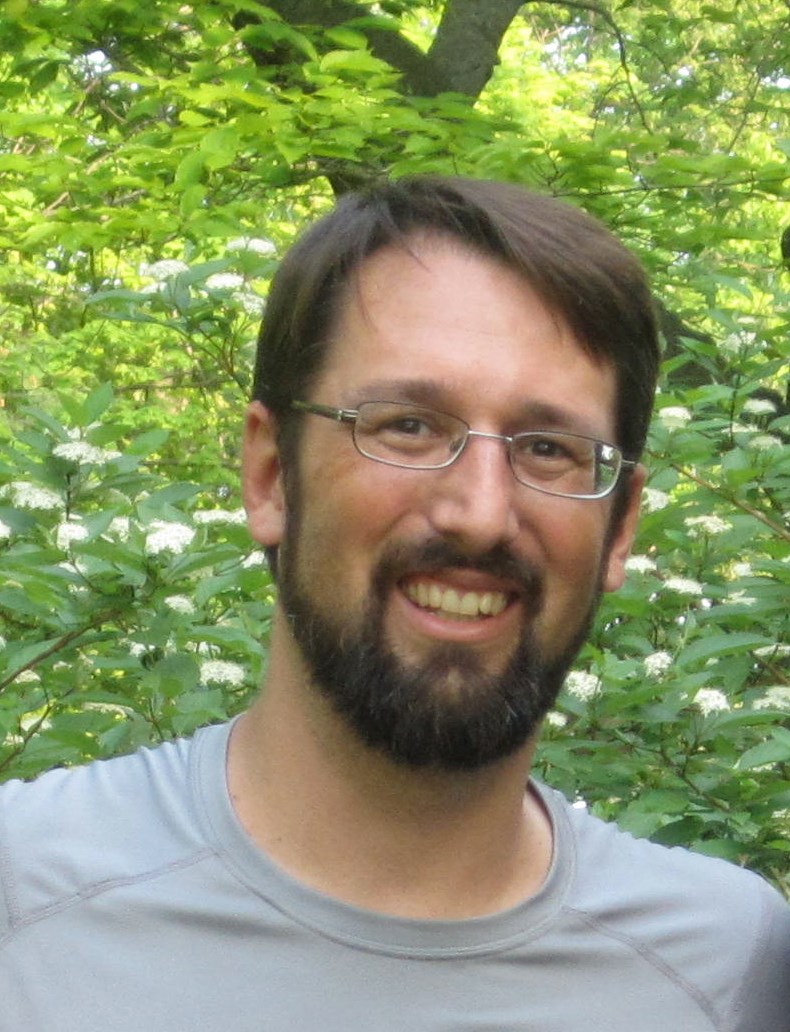 What is the meaning of life?ŌĆØ
What is the meaning of life?ŌĆØ
ItŌĆÖs a question, says author Robert Fulghum, he sometimes askswith playful intentat the end of a lecture or long meeting. Usually, the speaker has offered to take one last question even as attendees gaze longingly at the door.
He received a serious answer only once, which he wrote about in his essay, The Mirror. The story goes something like this: during World War II, a Greek boy named Alexander Papaderos found a wrecked German motorcycle. Picking up a piece of broken mirror, he smoothed down the sharp edges and began playing a gameŌĆöangling the mirror just so in an attempt to shine sunlight into dark places. As he grew up, he realized this game was a metaphor for what he could do with his life.
ŌĆ£I came to understand that I am not the light or the source of the light,ŌĆØ said Papaderos to Fulghum that day. ŌĆ£But lightŌĆötruth, understanding, knowledgeŌĆöis there, and it will only shine in dark places if I reflect it.ŌĆØ
IŌĆÖll admit, IŌĆÖve thought a lot about this essay over the years. When confronting my own less than redeeming qualities this simple, poignant story has niggled at me, reminding me I should be striving harder to reflect light into the world. Perhaps surprisingly, it has also encouraged me think about Christ Jesus in a new way. As an exemplar, did Jesus not come to show us how to reflect GodŌĆÖs divine light? And to demonstrate what was possible if we became really good at it?
When you think about it, Jesus didnŌĆÖt respect any problem or limitation that most of us, as humans, spend our time fixated on. Instead, he reflected GodŌĆÖs light so perfectly that he healed the sick, fed the multitudes, and even raised the dead.
Talk about spiritual bypassing!
Mary Baker Eddy, the discoverer and founder of Christian Science, used ŌĆ£mirrorŌĆØ in another way, too. She came to understand, through her healing work, that each of us reflects in perfect spiritual detail every aspect of our Creator. ŌĆ£As the reflection of yourself appears in the mirror, so you, being spiritual, are the reflection of God,ŌĆØ wrote Eddy in Science and Health with Key to the Scriptures.
As IŌĆÖve better understood this pointŌĆöGod as spiritual cause, myself as spiritual effectŌĆöit has resulted in a number of healings over the years. I recall one incident in my early thirties: after more than a decade of enduring a painful wisdom tooth that swelled up every few months, I finally decided to visit a dentist about it. He did not mince words: get my wisdom teeth removed or I was endangering myself.
IŌĆÖm not against having my wisdom teeth removed, but as a lifelong Christian Scientist I decided to try focused prayer first. It was fortunate timing. Soon after my dental appointment, I attended Christian Science class instructionŌĆöan intensive course that helps students to become better healers. During this quiet study time, I began to realize that, in actual fact, I am a perfect image of God. That is my true nature. And God certainly couldnŌĆÖt have a painful tooth problem. I was soon healed and I havenŌĆÖt had problems with my wisdom teeth in two decades.
To this day, the mirror remains a favourite spiritual metaphor. When I find myself in an argumentŌĆöor read about conflict in the newsŌĆöI strive to look past the murky human picture to the true, spiritual beings behind the apparent discord, who naturally reflect GodŌĆÖs divine light. Quite literally, that is who all of us are.
 Matt Jackson has been fascinated by how science and religion relate to each other for as long as he can remember. He is a member of the Christian Science church in Victoria, BC, and has been a professional writer and editor for 26 years.
Matt Jackson has been fascinated by how science and religion relate to each other for as long as he can remember. He is a member of the Christian Science church in Victoria, BC, and has been a professional writer and editor for 26 years.
You can read more articles on our interfaith blog, Spiritually Speaking, HERE
* This article was published in the print edition of the sa╣·╝╩┤½├Į on Saturday, October 23rd. 2021
Photo by┬Ā╠²┤Ū▓į╠²



